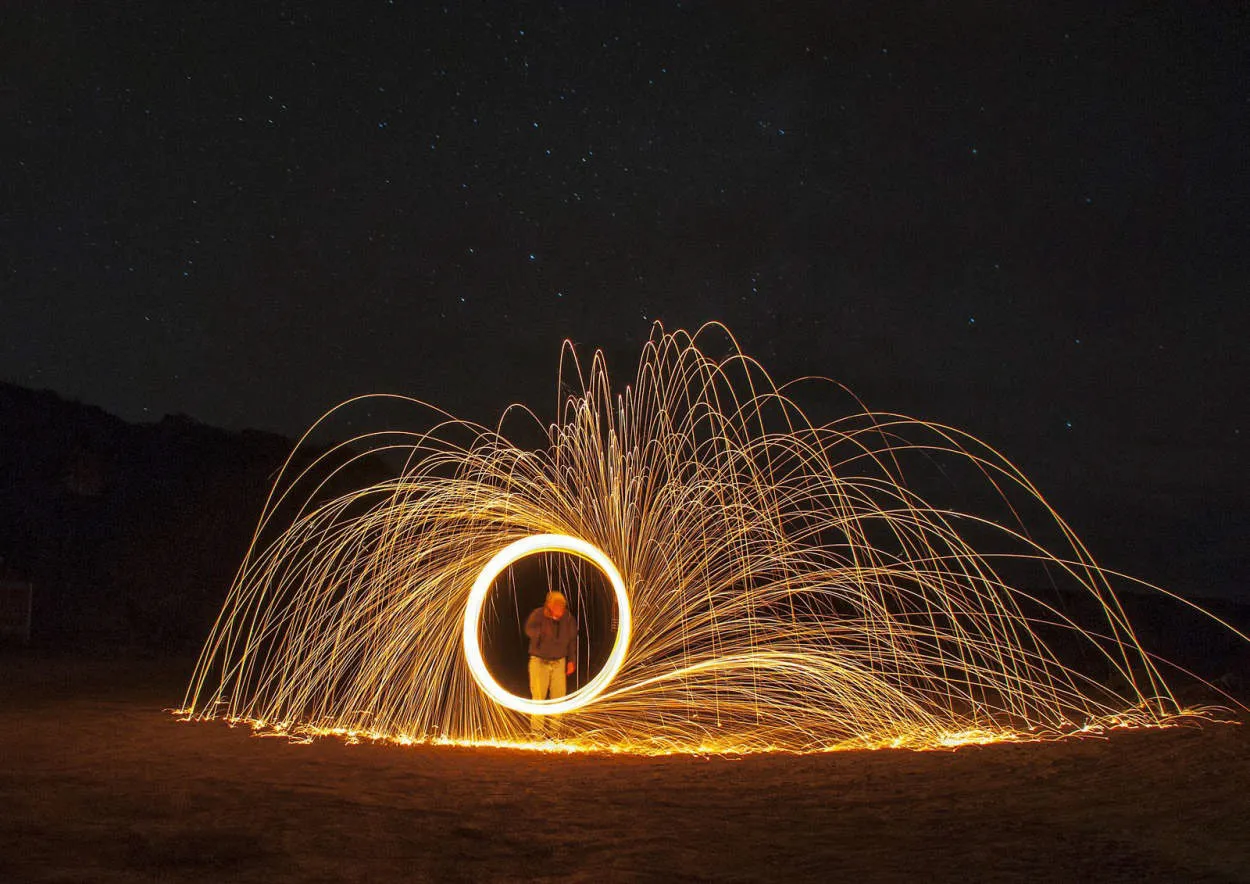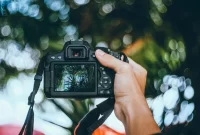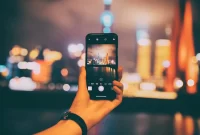Discovering creative ways to manipulate shutter speed can add a new dimension to your photography. By experimenting with different settings, you can capture dynamic photos that freeze fast-moving subjects or create stunning light trails. In this article, we will explore innovative techniques for using shutter speed to elevate your photography skills to the next level.
Freezing Motion in Sports Photography
In sports photography, capturing the action at the perfect moment is crucial to creating dynamic photos. One effective technique to achieve this is by freezing motion using the shutter speed. By using a fast shutter speed, you can capture athletes in mid-air, frozen in action, highlighting their power and agility.
To freeze motion, you need to select a high shutter speed, usually around 1/1000th of a second or faster. This fast shutter speed will ensure that the subject appears sharp and without any motion blur. It is important to adjust your camera settings accordingly, such as using a wide aperture and increasing your ISO to maintain the correct exposure.
Another tip is to anticipate the action and be ready to press the shutter at the right moment. Sports photography requires patience and quick reflexes. Keep your focus on the subject, track their movements, and be prepared to capture the peak action. Burst mode can also come in handy in capturing multiple frames rapidly.
Furthermore, using continuous autofocus can help you maintain sharp focus on moving subjects. This feature allows your camera to track the subject as they move across the frame, ensuring they remain in focus throughout the shot. Combine it with the right composition and framing to add an artistic touch to your sports photographs.
In conclusion, freezing motion in sports photography is a technique that adds excitement and energy to your images. Mastering this skill requires practice, understanding your camera settings, and being able to anticipate the action. So grab your camera, head to the nearest sports event, and start freezing those thrilling moments.
Creating Light Trails in Nighttime Cityscapes
In the world of photography, shutter speed is a powerful tool that can be used to capture dynamic and visually stunning photos. One creative way to utilize shutter speed is by creating light trails in nighttime cityscapes.
Light trails are long streaks of light captured in a photograph, usually created by the movement of cars or other sources of light. This technique adds a sense of motion and energy to cityscape photos, making them more engaging and visually appealing.
To capture light trails, you’ll need to use a slow shutter speed, typically around 10-30 seconds. Set your camera on a stable surface or use a tripod to avoid any camera shake. It’s also important to shoot in manual mode to have full control over your camera settings.
Find a location with a busy road or an area with frequent car movement. Set your ISO to a low value (around 100-400) to reduce noise in the image. Select a small aperture (high f-stop number) to achieve a greater depth of field, ensuring sharpness throughout the photo.
Experiment with different shutter speeds to achieve the desired effect. Longer shutter speeds will result in more prominent and elongated light trails, while shorter speeds will capture shorter trails with more defined shapes. Adjustments can be made based on the available light and desired outcome.
Once you’ve set up your camera and chosen the right settings, wait for the right moment to capture the light trails. As the cars or other sources of light move through the frame, press the shutter button and hold it down for the desired duration of the exposure.
Remember to review your shots periodically and make adjustments as needed. Don’t be afraid to experiment and try different perspectives or compositions to add variety to your light trail photos.
In conclusion, mastering the art of creating light trails in nighttime cityscapes can add a captivating element to your photography. Through proper camera settings and creative compositions, you can produce stunning images that showcase the excitement and vibrancy of city life.
Blurring Water for Dreamy Landscape Shots
Creative Ways to Use Shutter Speed for Dynamic Photos
When capturing landscape shots, one technique that can add a dreamy and ethereal feel is blurring water. By manipulating the shutter speed of your camera, you can achieve beautiful and unique effects that bring a sense of motion and serenity to your images.
Long Exposure Technique
One of the most popular methods to blur water is by using the long exposure technique. This involves setting your camera to a slow shutter speed, typically several seconds or more, allowing the moving water to create a smooth and silky effect. This technique works best when photographing waterfalls, rivers, or the ocean waves.
Using a Neutral Density Filter
To achieve longer exposure times during daylight hours, a neutral density (ND) filter can be used. This filter reduces the amount of light that enters the camera, allowing for slower shutter speeds without overexposing the image. By using an ND filter, you can blur water even in bright conditions, creating stunning contrasts and dynamic compositions.
Panning Technique
Another creative way to blur water is by using the panning technique. This involves tracking the movement of a subject, such as a boat or a swimmer, while using a slower shutter speed. By following the subject’s motion and capturing the surrounding water in a blurred state, you can achieve a sense of speed and excitement in your photos.
Experimenting with Shutter Speeds
Don’t be afraid to experiment with different shutter speeds to get the desired effect. Slower speeds create more intense blurring, while faster speeds can still capture some movement while keeping the water relatively sharp. Play around with different settings and see what works best for each particular scene.
Panning for Captivating Action Shots
When it comes to capturing dynamic photos, one simple yet effective technique is to use panning. Panning involves tracking a moving subject while keeping it in focus, creating a sense of speed and motion in the final shot. It is an excellent way to capture action shots that stand out from the crowd. Here are some creative ways to use shutter speed to master the art of panning:
1. Choose the Right Shutter Speed
Experiment with different shutter speeds to find the perfect balance between freezing the subject’s motion and creating a motion blur in the background. Slower shutter speeds, such as 1/30 or 1/15, tend to work best for panning as they allow for more pronounced motion blur.
2. Follow the Subject Smoothly
Keep your camera steady and smoothly track the subject’s movement. The key is to match your camera’s horizontal movement with the subject, ensuring they remain in sharp focus while the background blurs.
3. Shoot in Burst Mode
Panning requires precision timing, so shooting in burst mode increases your chances of capturing the perfect shot. It allows you to take multiple photos in quick succession, increasing the likelihood of nailing the shot as the subject passes by.
4. Experiment with Different Angles
Don’t limit yourself to shooting from a static position. Try panning from different angles, such as low to the ground or from above, to add variety to your action shots.
5. Combine Panning with a Flash
If you’re shooting in low light conditions or want to freeze the subject’s motion while still maintaining the sense of speed, consider using a flash while panning. This technique can result in stunning and dynamic images.
By mastering the art of panning and experimenting with different shutter speeds and techniques, you can capture captivating action shots that truly impress. So grab your camera, practice your panning skills, and get ready to elevate your photography to the next level!
Conclusion
In conclusion, mastering the use of shutter speed is crucial for capturing dynamic photos. By experimenting with different shutter speeds, photographers can freeze action, create motion blur, or even capture light trails. This creative technique adds a dynamic element to photographs, making them visually captivating and unique.




